Micro-credentials have emerged as a valuable tool for showcasing and validating specialized skills and knowledge through digital certifications that offer targeted recognition of competencies obtained through focused learning experiences.
Micro-credentials provide a way for people to have control over their learning experiences by providing them with customizable and focused learning experiences. These experiences are short and evidence-based, allowing learners to showcase their achievements in a verifiable and accessible way. Micro-credentials provide a flexible and efficient alternative. They enable learners to choose the skills they want to develop and offer concise, up-to-date content that aligns with rapidly changing market demands.
Benefits of Micro-Credentials
- Flexibility and Relevance
Micro-credentials provide learners with the flexibility to choose the skills they want to develop, allowing for personalized learning pathways. They offer up-to-date and industry-relevant content that aligns with rapidly changing market demands.
- Time and Cost Efficiency
Compared to longer-term degree programs, micro-credentials require less time and financial investment. Learners can focus on acquiring specific skills that are directly applicable to their professional goals.
- Skill Validation
Micro-credentials offer a tangible proof of competency, empowering individuals to showcase their expertise in specific areas. This validation can significantly enhance career prospects and credibility in the job market.
Designing Effective Micro-Credentials
Micro-credentials offer opportunities to connect learning and work. However, this vision can only be achieved through intentional strategy and design processes that are centered around real world applications when it comes to upskilling and cross-skilling. To create successful micro-credentials, it is necessary to keep these steps in mind:
- Identifying Target Skills
Start by conducting a thorough learning needs analysis to determine which skills are most valuable and in-demand within your industry or organization. Consider the specific competencies that would benefit learners and align with their growth aspirations.
- Defining Learning Outcomes
Clearly articulate the expected learning outcomes for each micro-credential. These outcomes should be measurable and tied to real-world applications, ensuring the relevance and practicality of the credential.
- Qualitative and Quantitative Assessment Methods
Develop assessment methods that accurately evaluate learners’ mastery of the targeted skills. This can include projects, simulations, online quizzes, and performance-based evaluations. Authentic assessments should provide learners with opportunities to apply their knowledge in practical scenarios.
- Collaboration with Experts
Collaborate with industry experts, educators, and practitioners to ensure the credibility and accuracy of the micro-credential. Their input can help shape the content, assessment criteria, and overall quality of the credential.
Implementing Micro-Credentials
- Technology and Platforms
Leverage learning management systems (LMS) or specialized micro-credential platforms to deliver and manage the credentialing process effectively. These platforms can streamline enrollment, assessment, and issuing of micro-credentials.
- Integration with Existing Programs
Integrate micro-credentials into existing professional development initiatives, educational programs, or talent management strategies. This will enhance the value of your offerings and promote a culture of continuous learning within your organization.
- Recognition and Portability
Ensure that micro-credentials are recognized within and by industries or sectors. Explore partnerships with industry associations, employers, or educational institutions to foster wider recognition and acceptance of these credentials. Additionally, make the micro-credentials portable by using open standards such as Badges, enabling learners to showcase their achievements across different platforms.
Micro-credentials have revolutionized the way skills are recognized and valued in the modern professional landscape. By providing individuals with targeted and relevant recognition of their competencies, they empower career growth and open new opportunities. For organizations, micro-credentials allow the creation of a talent pool of specialized experts, ensuring a workforce that meets the evolving demands of the industry.
From defining clear learning outcomes to developing authentic assessment methods, ASSIST Creativelab takes a meticulous approach to designing effective micro-credentials that enable the cultivation of a skilled workforce, poised to meet the ever-changing demands of the dynamic and competitive world of work.
Talk to us now!




